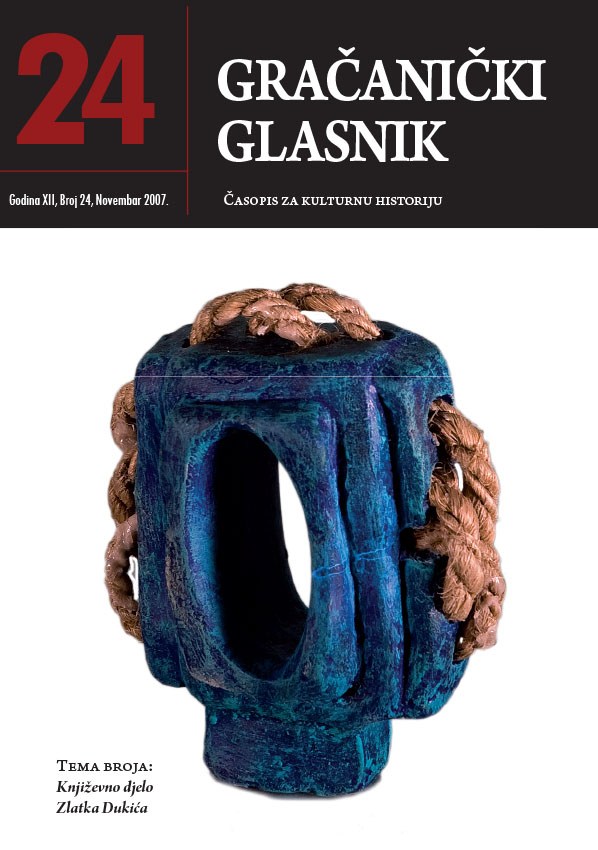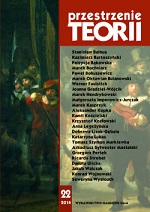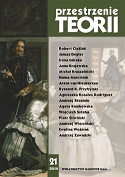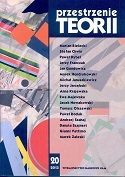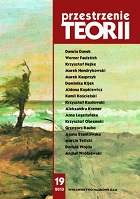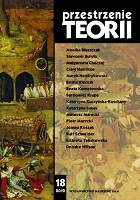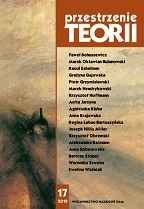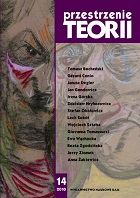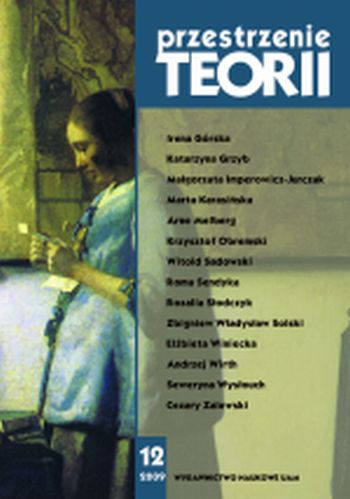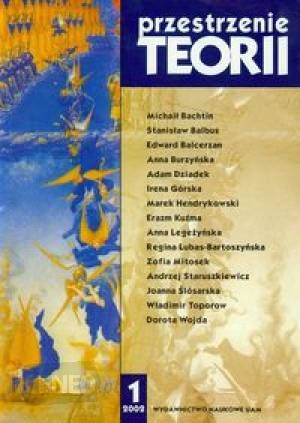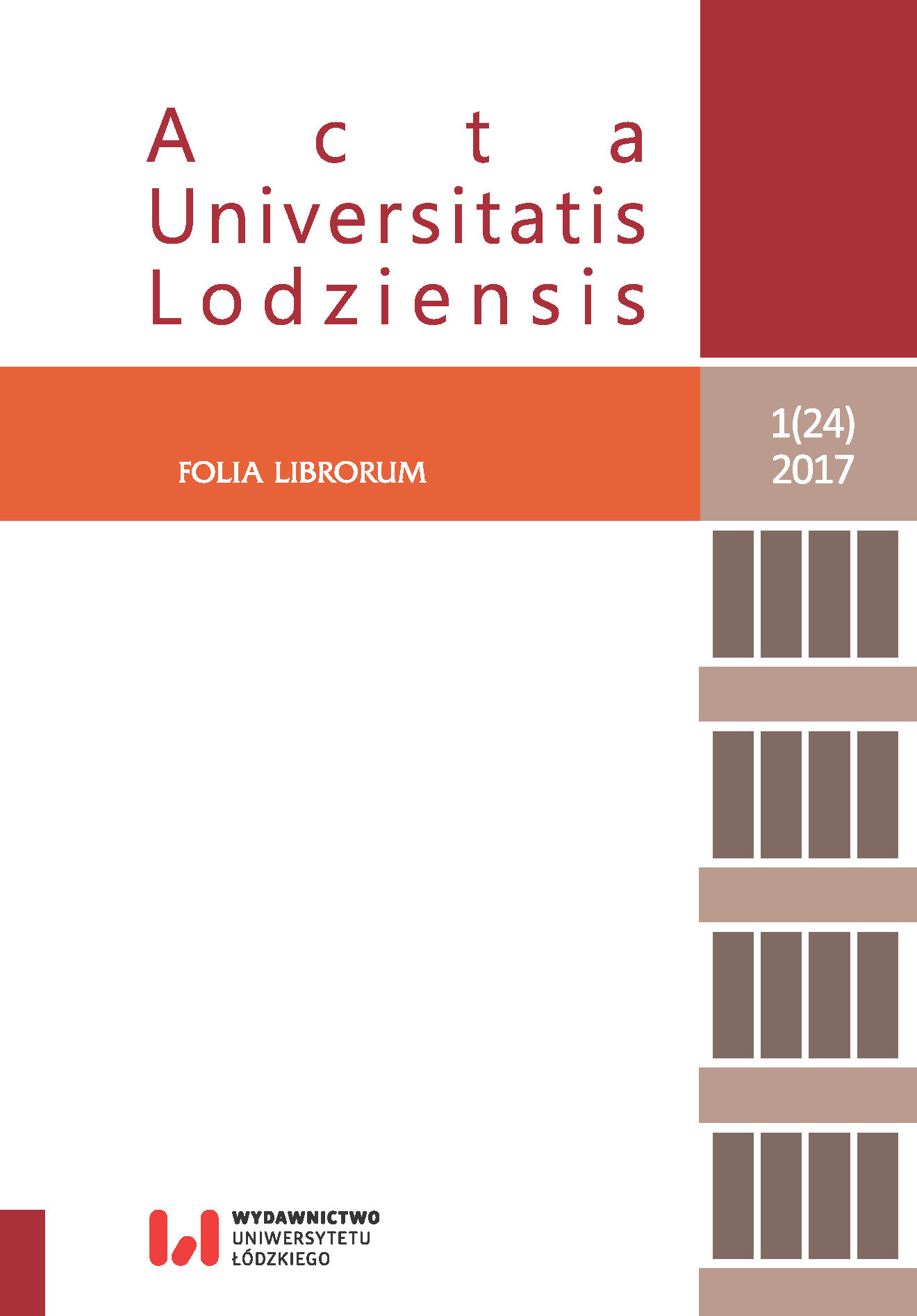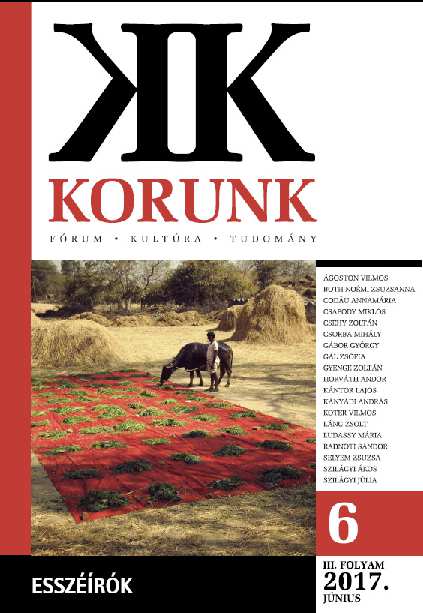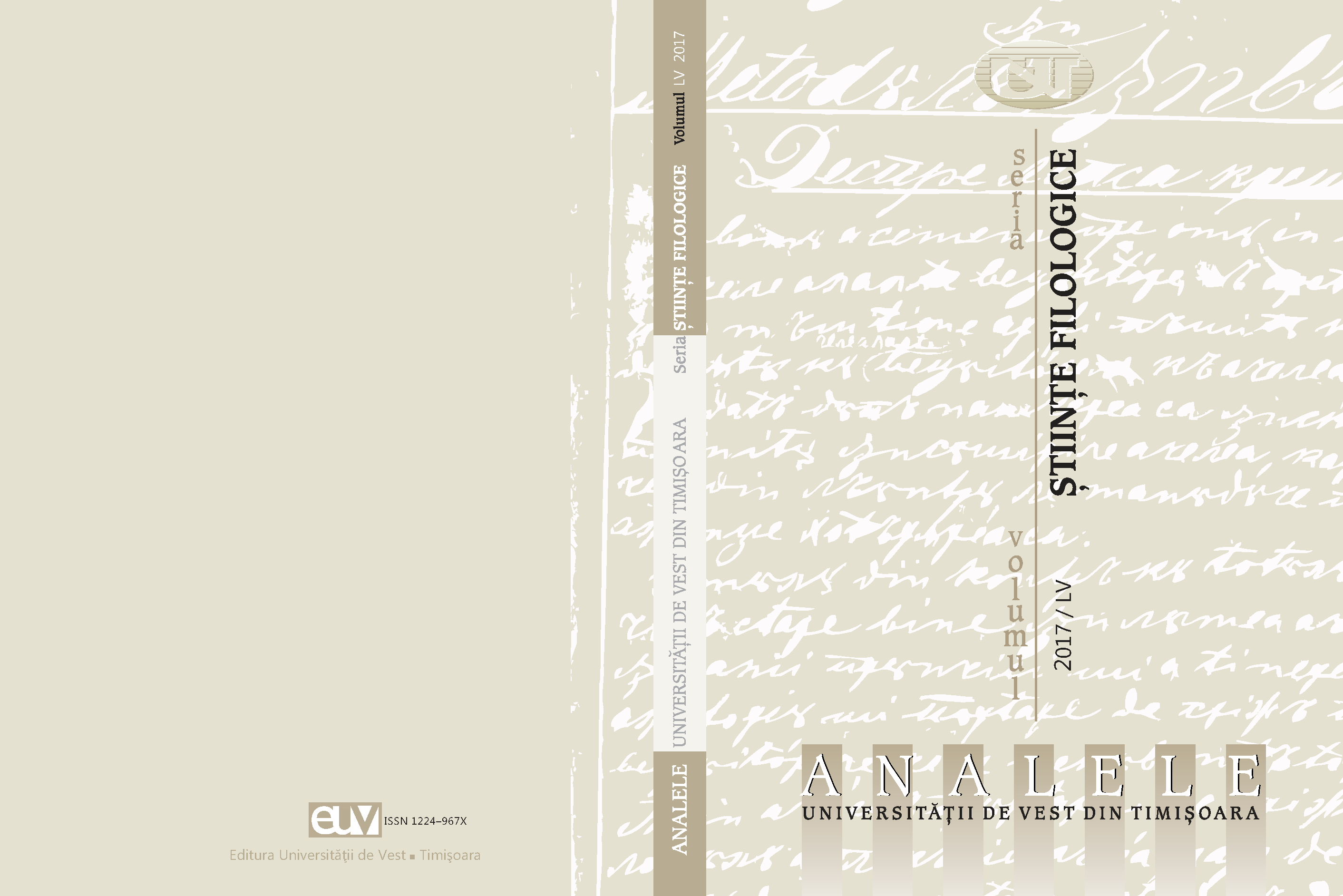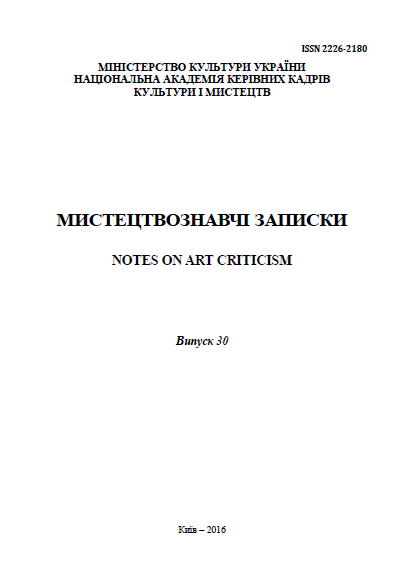Author(s): Dumitru Tucan / Language(s): Romanian
Issue: 55/2017
The paper examines the ambiguous status of Cultural Studies as a discipline in Romanian higher education and Academia; the basis of the analysis is a corpus of publications associated with Cultural Studies that are produced by the members of the academic community of the West University of Timişoara. The premise of the analysis is the observation that Cultural Studies in Romanian universities represent two different projects (i.e. with different genealogies, different methodologies, and different understandings of the cultural phenomenon) that are competing for primacy within the institutionalized academic field. Moreover, there is no real dialogue between these two different projects. First of all, there is the modern project of Cultural Anthropology (that continues the traditional project of ethnology with an innovative theoretical framework). This project, with an extension to Social Anthropology and Cultural History and influenced by the French Academia (Histoire des mentalités, L'École des Annales), seems to occupy the centre of the disciplinary field of Cultural Studies in Romanian Academia at present. The second project, belonging to the British and American Cultural Studies, is a later outcome of British and American Literary Studies. This project has a complex theoretical framework, resulting from the developments of the 20th century Literary Theory and Critical Theory (structuralism, post-structuralism), and gives a complex definition to culture, seen as a “reality” shaped by ideological, social, and economic factors. Although critically questioning the cultural phenomenon, the two projects manifest rather ambiguously in the Romanian Academia as a theoretical speculation that mainly emphasizes the cultural and identitary texture of literature (imagology, cultural geography, feminist criticism etc.). These ambiguous manifestations are the main reasons why there is a deficit of legitimacy for Cultural Studies in the eyes of traditional practitioners of Literary Studies and also this ambiguity makes room for a number of contestations and accusations of dilettantism, eclecticism, and cultural relativism. In fact, these accusations are the consequences of the traditional discourse on culture, rather eager to express identity and ideology, and allergic to the critical principles of Cultural Studies.
More...
